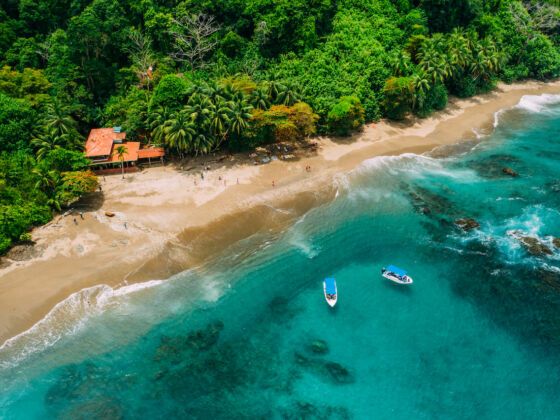I’VE TRAVELED FOR WORK, leisure, and adventure. I’ve come to love the unknown inherent in travel. Who am I going to meet, from where, and why?
Travel takes me deeper into humanity. New people and new cultures affect the way I perceive life back home. I become unhinged. Mostly in a good way.
